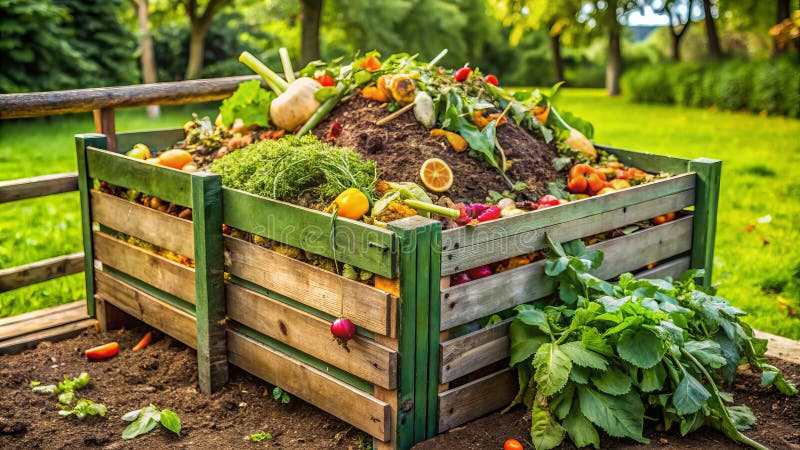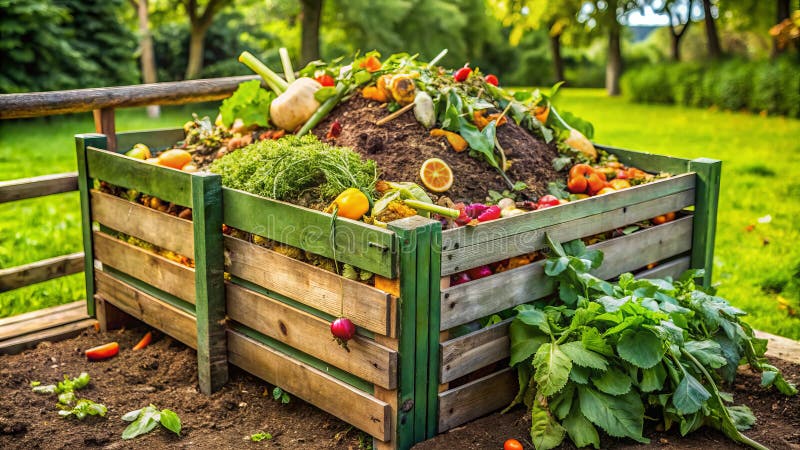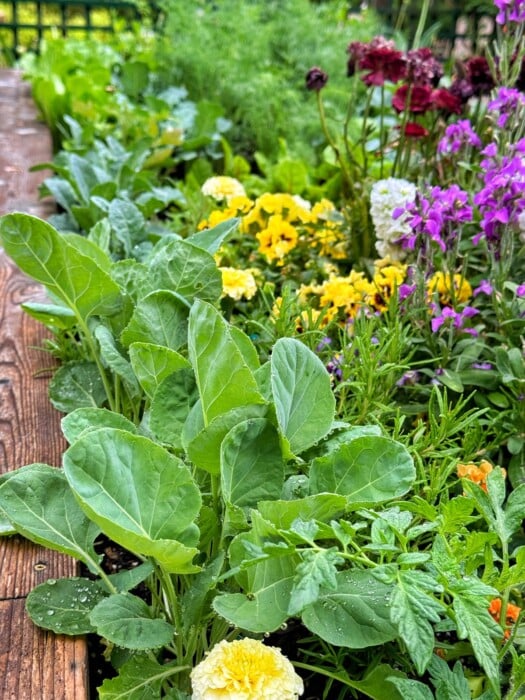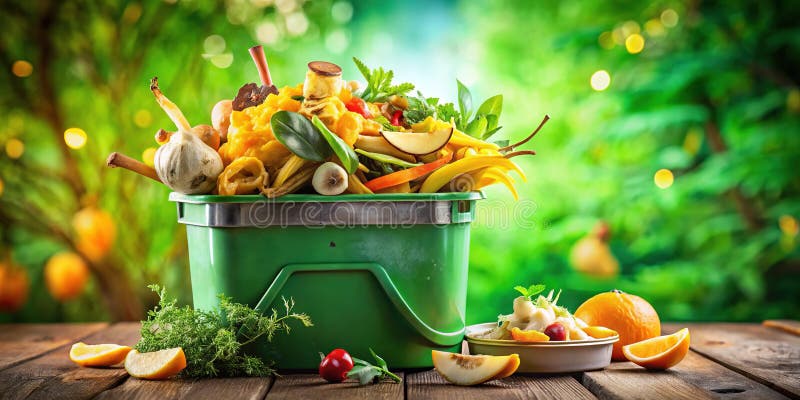
Simple Compost Magic: Turn Kitchen Scraps into Garden Gold This Winter
The wind is howling a merry tune outside, rattling the windows of my cozy farmhouse kitchen. A pot of cinnamon tea steams on the stove, its aroma mingling with the earthy scent of… well, compost! It might sound odd, but during the colder months, my compost bin becomes a little haven of hope, a promise of the vibrant garden to come. As the last leaves fall and the garden sleeps, it's easy to feel like your seasonal harvest is over. But I'm here to tell you that winter is the perfect time to harness simple compost magic and transform your kitchen scraps into garden gold!
This post is all about empowering you to create your own nutrient-rich compost, even when the ground is frosty. Whether you're a seasoned gardener or just starting your organic gardening journey, I'll share easy-to-follow tips to make composting a breeze. By the end of this, you'll understand how composting can enrich your soil, reduce waste, and contribute to a more sustainable home – all while embracing cozy living during the winter months.

Why Compost in Winter?
You might be thinking, "Why bother composting when nothing's growing?" Well, winter composting offers a wealth of benefits for organic gardening. It provides:
- Nutrient-rich Soil Amendment: Compost acts as a natural fertilizer, packed with essential nutrients that plants need to thrive. By creating compost now, you'll have a fantastic soil amendment ready to go when spring arrives.
- Reduced Landfill Waste: Diverting kitchen scraps and yard waste from landfills reduces methane emissions and conserves valuable resources. It’s a cornerstone of a sustainable home lifestyle.
- Warmer Spring Soil: As the compost decomposes, it generates heat which helps keep the soil warmer when you add it to the garden in spring.
Beginner-Friendly Tips for Winter Composting
Composting doesn't have to be complicated! Here are some backyard projects and simple steps to get you started:
1. Choose Your Composting Method:
- Outdoor Composting: If you live in a climate with mild winters, you can continue composting outdoors in a traditional bin or pile. Insulate the pile with straw or leaves to help retain heat. I often use an old metal trash can with holes drilled into it.
- Indoor Composting (Vermicomposting): For colder climates, vermicomposting (worm composting) is a fantastic option. Worms happily munch on kitchen scraps indoors, producing nutrient-rich castings (worm poop!) for your garden. You can purchase a vermicomposting bin or make your own.
- Bokashi Composting: Another indoor option that relies on fermentation to break down food waste. This is great for all kinds of scraps, including meat and dairy which are not typically added to traditional compost bins.
2. Understand the Green-to-Brown Ratio:
Composting relies on a balance of "green" (nitrogen-rich) and "brown" (carbon-rich) materials. Aim for a 1:1 or 2:1 ratio of brown to green.
- Greens: Kitchen scraps (fruit and vegetable peels, coffee grounds, tea bags), grass clippings (if available).
- Browns: Dried leaves, shredded newspaper, cardboard, straw, sawdust.
In the winter, brown materials can be easier to source than greens. So, start saving those cardboard boxes and collecting fallen leaves! I store mine in large bins in the garage, ready to add to the compost as needed.
3. Layer and Turn (or Stir):
Whether you're composting indoors or outdoors, layering your green and brown materials is key. Start with a layer of browns, then add a layer of greens, and repeat. If composting outdoors, turn the pile regularly to aerate it. This speeds up decomposition. If you are using a compost tumbler, rotate it. If vermicomposting, gently stir the bin every few days.
4. Manage Moisture:
Compost needs moisture to thrive, but not too much! The ideal moisture level is similar to a wrung-out sponge. If your compost is too dry, add water. If it's too wet, add more brown materials.
5. Avoid These Items:
- Meat, dairy, and oily foods (unless bokashi composting).
- Diseased plants.
- Weed seeds (unless you are hot composting.)
- Pet waste.

Troubleshooting Common Composting Problems
Even with the best intentions, composting can sometimes present challenges. Here are a few common issues and how to address them:
- Smelly Compost: This usually indicates a lack of oxygen. Turn the pile more frequently or add more brown materials to improve aeration. Avoid adding too many greens at once. Also avoid meats and cheese.
- Slow Decomposition: The green-to-brown ratio may be off, or the compost may be too dry. Adjust the ratio and add water as needed. Chop larger materials into smaller pieces to speed up the process.
- Pests: Covering the compost pile and avoiding meat and dairy scraps can help deter pests. If you're vermicomposting, ensure your bin is properly sealed.
From Kitchen Scraps to Garden Gold: A Success Story
I'll never forget the first time I harvested compost that I made. I had been following the tips, layering and turning my compost, and patiently waited. When I spread that "black gold" around my tomato plants in the spring, they EXPLODED with growth! That seasonal harvest was the best I ever had and it all started with my backyard projects to create amazing compost using organic gardening practices.

Embrace the Simple Compost Magic
Composting is more than just a way to dispose of kitchen scraps; it's a connection to the earth, a step towards sustainable home living, and a way to nurture your garden. This winter, I encourage you to embrace the simple compost magic. It might seem like a small act, but it has a profound impact on our planet and your farmhouse life. The practice of composting has taught me to be patient, and more appreciative of the cycles of nature.
Now, I'd love to hear from you! What are your favorite composting tips? Do you have any creative ways to source brown materials in the winter? Share your experiences in the comments below – let's build a community of compost enthusiasts!